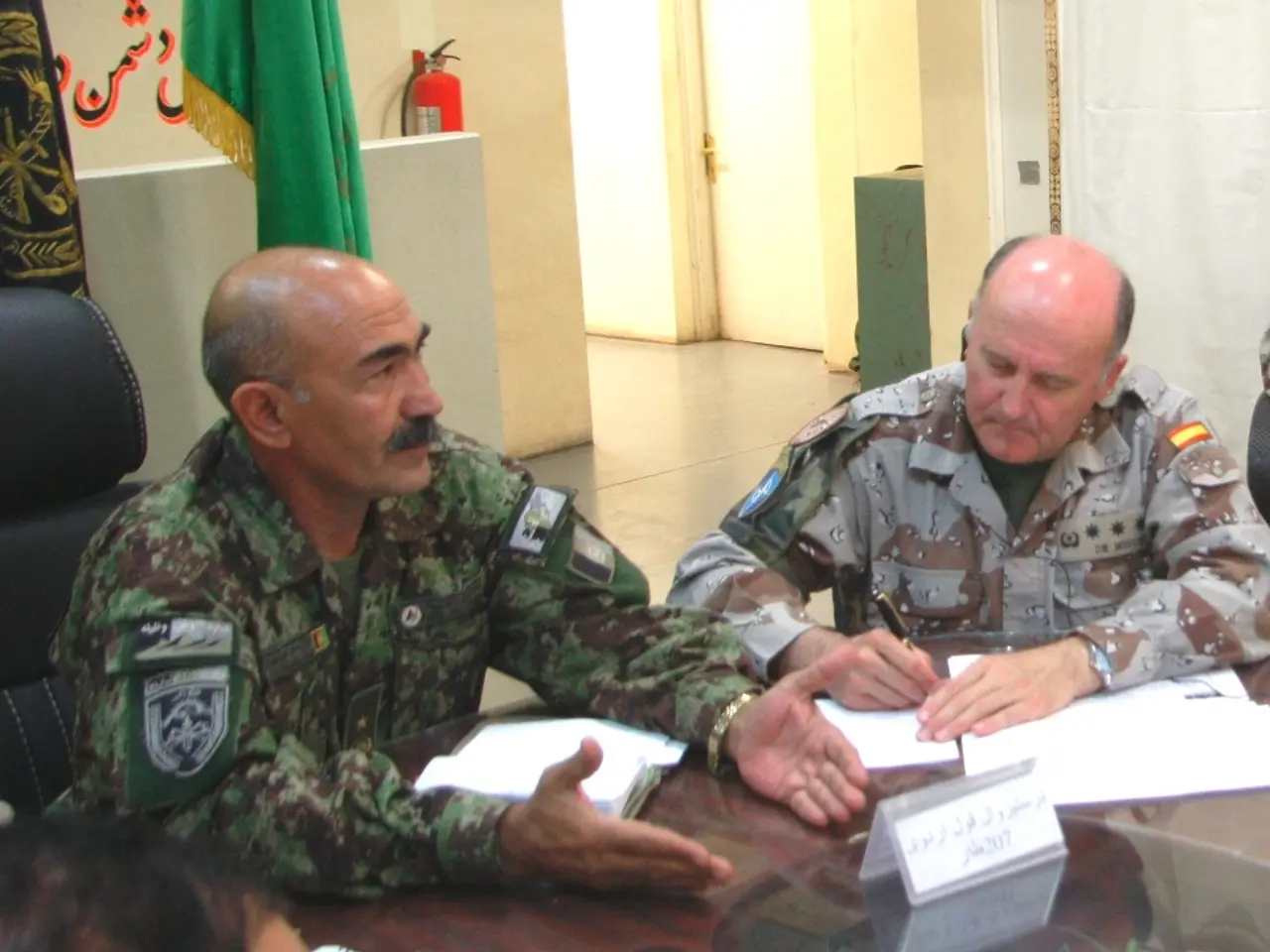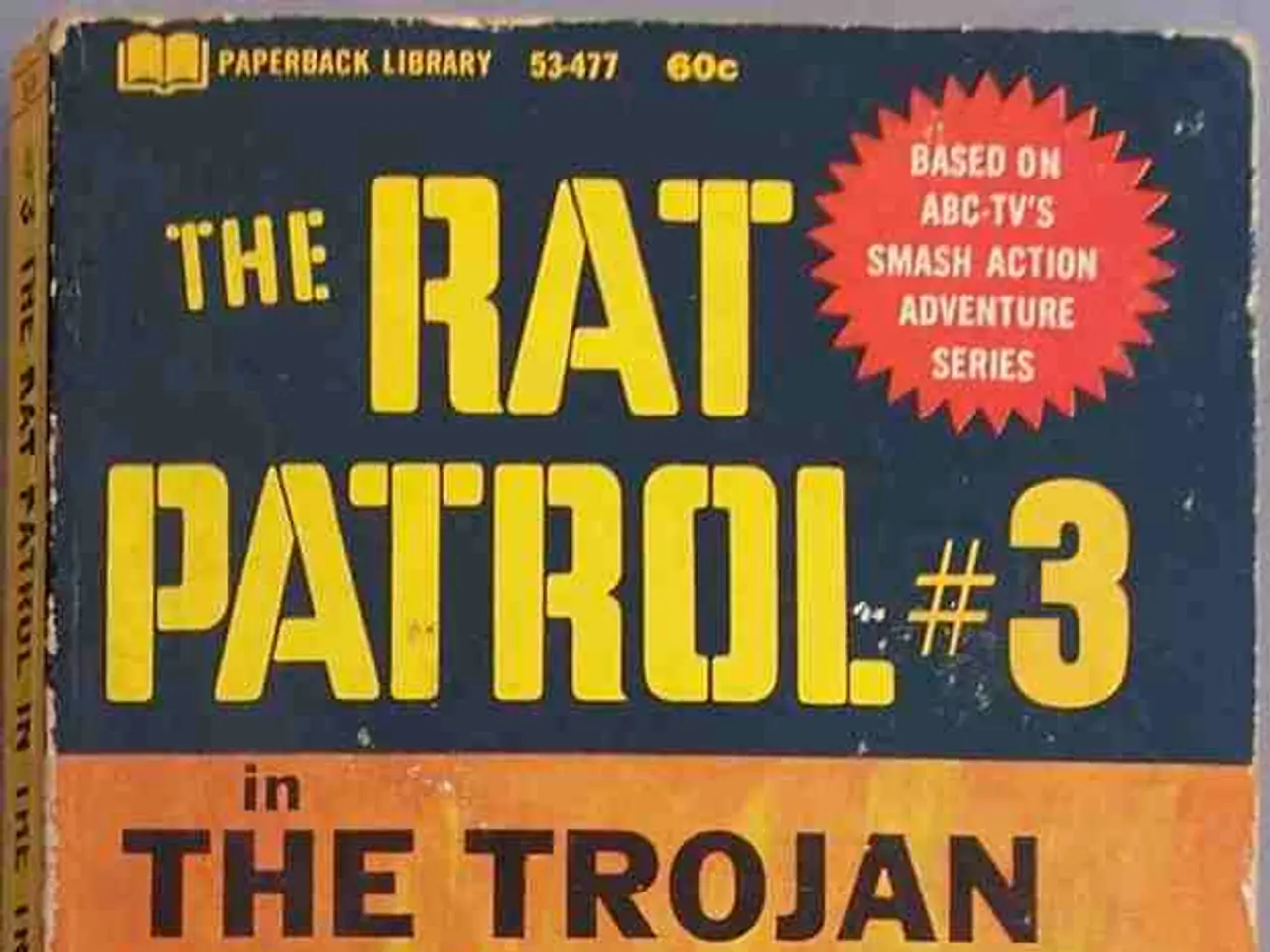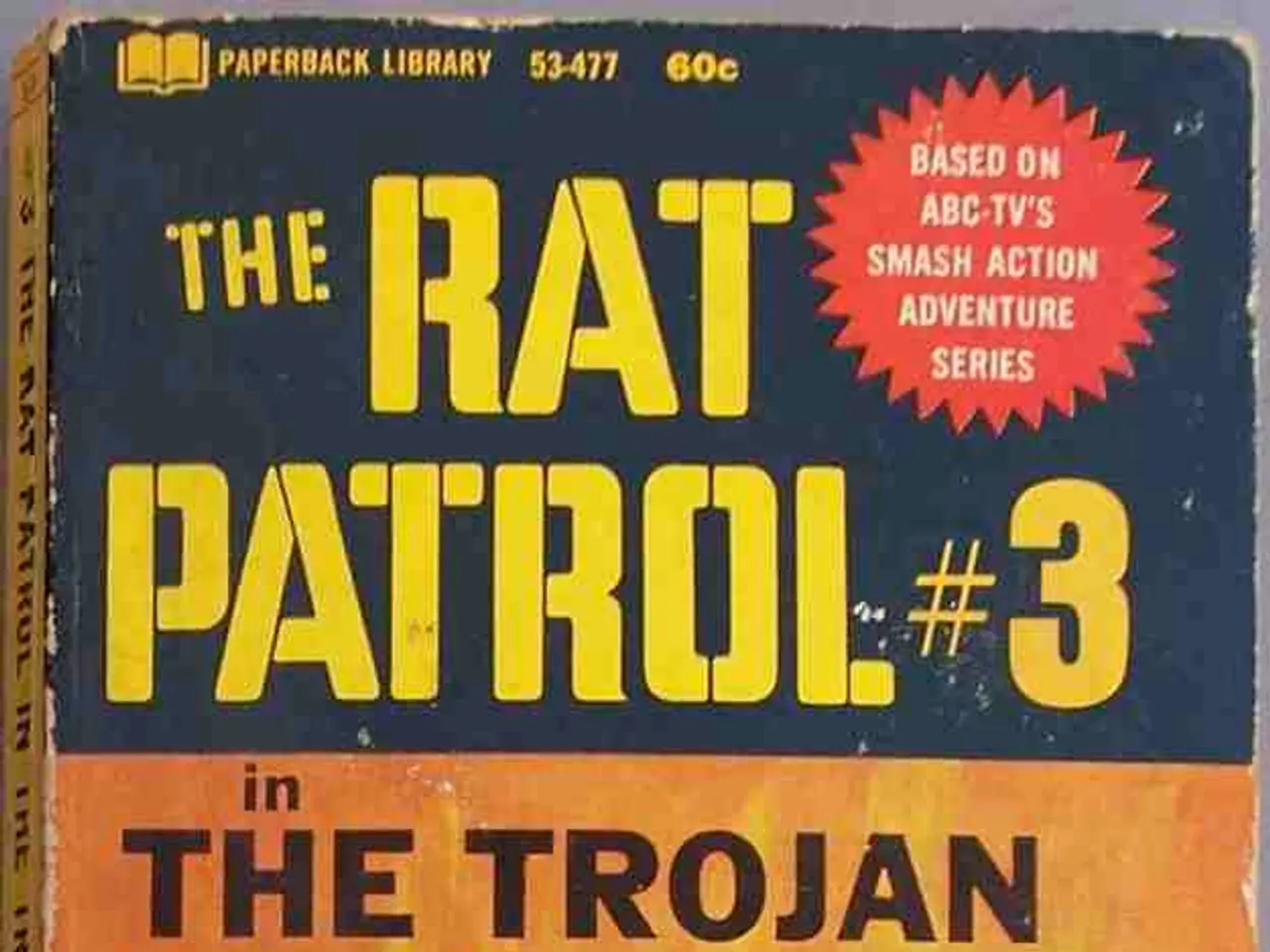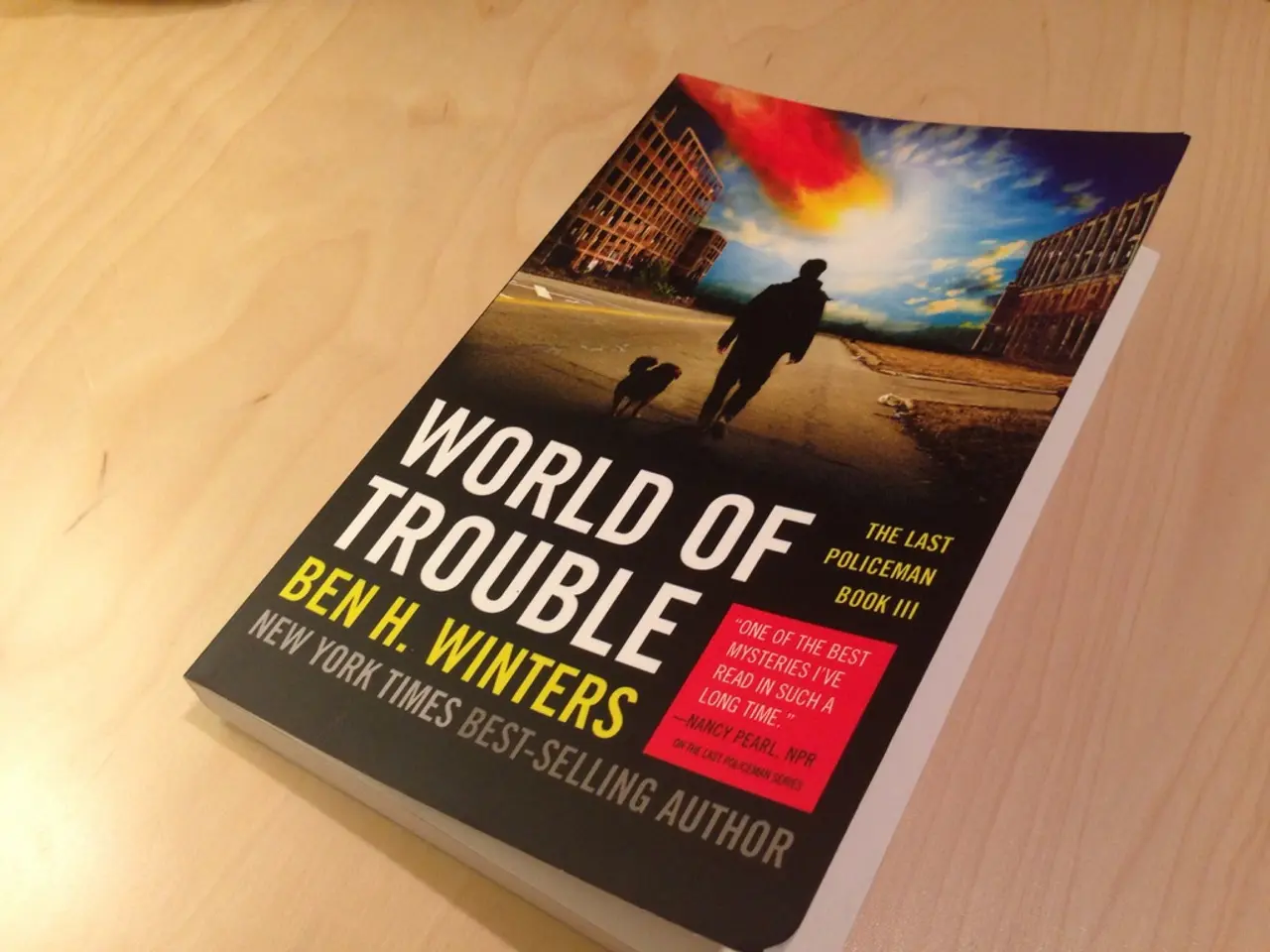Proposing legislative action to combat payment fraud for families of deceased soldiers in the State Duma
Russian authorities are cracking down on fraud and scams, including those flourishing in wartime conditions, but there appears to be no specialized legislation explicitly targeting fraud in payments given to families of fallen or injured soldiers, a deputy from the State Duma Defense Committee, Andrei Kolesnik, has said.
In an interview with Lenta.ru, Kolesnik emphasized that currently, there is no special law in Russia aimed at preventing fraud related to payments to families of fallen or injured military personnel. He believes that many people take advantage of the difficult situation of military families, especially after their loss or severe injury.
Kolesnik noted that dishonest women use the stressful situation of military families for their own gain, a practice he referred to as "black widows." According to Kolesnik, there are reportedly bloggers in Russia providing advice on how to commit fraud related to payments to families of fallen or injured military personnel. He finds this practice extremely dishonorable.
Kolesnik recommended stopping attempts to profit from people's tragedies, as it goes against moral principles. He believes that such actions should be addressed at the legislative level. However, Kolesnik did not provide details about the proposed legislative measures against "black widows."
The Russian government has taken steps to reduce scam activities, with recent legislation prohibiting sharing SIM cards or phone numbers to curb fraudulent schemes, which could be relevant for preventing scams involving payments to military families. Moreover, the authorities have been focusing on general anti-fraud laws aimed at tightening telecommunications controls to reduce scam activities.
Despite the lack of a specific law targeting fraud in payments to military families, Kolesnik believes it is necessary to introduce legislative measures against "black widows." He reiterated that the practice of "black widows" is extremely dishonorable.
Reports have highlighted ongoing issues with scams targeting veterans and soldiers, including theft of injury bonuses and fraudulent claims related to military compensation. However, these are more anecdotal and have not yet resulted in widely publicized, specific legislation addressing that kind of fraud.
In summary, while Russian authorities are legislating and prosecuting fraud broadly, especially in wartime-related contexts, there appears to be no specialized legislation explicitly targeting fraud in payments given to families of fallen or injured soldiers or measures specifically aimed at preventing fraud by "black widows." Existing laws focus broadly on crackdowns to reduce scams and telecom-related fraud, which may indirectly affect such fraud cases.
- The deputy from the State Duma Defense Committee, Andrei Kolesnik, has expressed concern over the lack of specialized legislation in Russia targeting fraud related to payments meant for families of fallen or injured soldiers.
- Kolesnik finds the practice of dishonest individuals exploiting the difficult situation of military families, often referred to as "black widows," to be extremely dishonorable.
- Despite ongoing issues with scams targeting veterans and soldiers, there is currently no specific legislation in Russia explicitly addressing fraud in payments to families of fallen or injured soldiers or measures specifically aimed at preventing fraud by "black widows."






